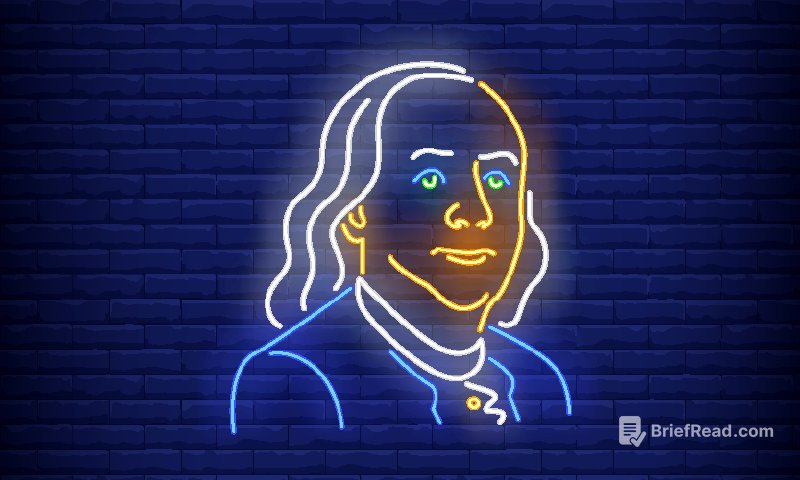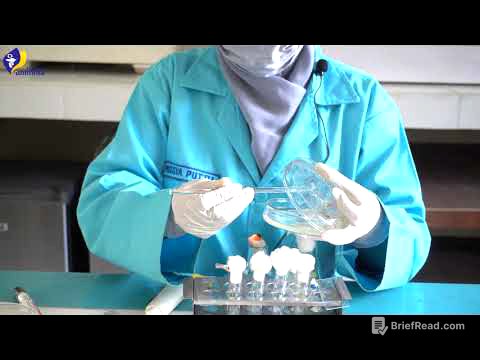TLDR;
Richard Munson's article "The Genius of Benjamin Franklin" explores Franklin's multifaceted genius, highlighting his use of humor to engage the public, his extensive contributions as a polymath, and how his scientific pursuits advanced American patriotism. The article emphasizes Franklin's ability to make complex ideas accessible, his diverse scientific research and inventions, and his role in fostering a scientific community that laid the groundwork for American independence.
- Franklin used humor to engage the public and explain natural phenomena.
- He was a polymath whose scientific research spanned electricity, weather, and demographics.
- Franklin's scientific endeavors and the American Philosophical Society fostered American patriotism and unity.
[Franklin Used Humor to Engage the Public]
Franklin used humor to capture public attention and explain natural phenomena. Examples include his satirical newspaper columns as Silence Dogood and a proposal to study the causes and cures of farts for the Royal Academy of Brussels. He also rigged a statue of George III with an electric shock and placed a slight electric charge along the metal fence surrounding his Philadelphia home to amuse visitors.
[Franklin Was the Very Definition of a Polymath]
Franklin's scientific interests extended beyond his famous kite experiment to include research on electricity, heat, weather patterns, ocean currents, and chemical bonds. He outlined a clear process for observation, measurement, and fact-based conclusions, democratizing the pursuit of knowledge. His inventions included the lightning rod, an efficient stove, a flexible catheter, and bifocals. He also studied lead poisoning, silkworm management, sunspots, magnetism, carriage wheels, air purification, and the census in China.
[Science Advanced Franklin’s Patriotism]
Franklin believed that demonstrating technological and scientific strength was crucial for American recognition by European elites. He founded the American Philosophical Society in 1743 to promote the free exchange of ideas and foster collaboration among the colonies. Franklin's scientific approach influenced the Declaration of Independence, with his edit of Jefferson's draft changing "sacred and undeniable" truths to "self-evident" verities, reflecting a shift from faith to observable science.









